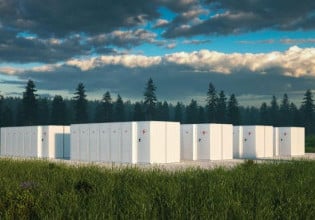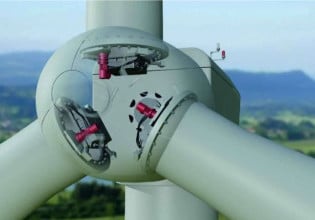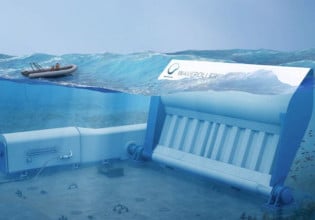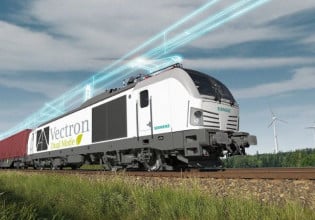SmartSpark Energy Systems Receives Government Recognition for Solar Solutions
SmartSpark Energy Systems, a University of Illinois spin-off power electronics organization, was recently awarded a Phase II Small Business Innovative Research (SBIR) grant from the United States Department of Agriculture. The project aims to bring highly reliable, maintenance-free solar power to rural areas. The year-long project begins on September 1, 2007 and is valued at approximately $350,000.
SmartSpark has previously created a remote solar power system, called ForeverPower, for the United States Department of Defense. This unit is designed to reliably power remote cameras and sensors in a desert environment for ten years or longer. The purpose of this project is to design larger, more cost effective systems for commercial purposes, without sacrificing reliability or durability. One of the major goals of the project is to research, test and identify the optimal energy storage technology for rural solar applications.
The company also announced that it had recently received two Small Business Technology Transfer (STTR) awards from the National Science Foundation. The year long projects began July 1, 2007 and are valued at approximately $300,000.
The first project titled "Harvesting Walking Energy for Mobile Electronics" requires SmartSpark engineers to research how to efficiently utilize the energy that soldiers generate from walking to power field equipment. According to SmartSpark Engineer Nicholas Benavides, "Today’s soldiers are required to carry an increasing amount of electronic equipment into battle. The power required for this equipment necessitates the use of large, heavy battery packs. If energy from the soldier’s movement could be effectively captured, this load could be reduced, enhancing safety and comfort."
The second project titled "Online Optimization for Induction Motor Efficiency" asks SmartSpark engineers to improve the efficiency of induction motors. Induction motors are widely utilized in a myriad of applications, including pumps, blowers, and fans, and can be large consumers of power. "Increasing the efficiency of induction motors could lead to dramatic energy reductions, and cost savings for businesses and consumers" says Brian Kuhn, Senior Engineer at SmartSpark Energy Systems.






